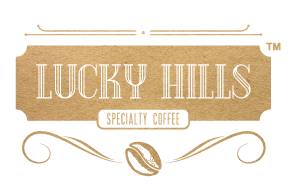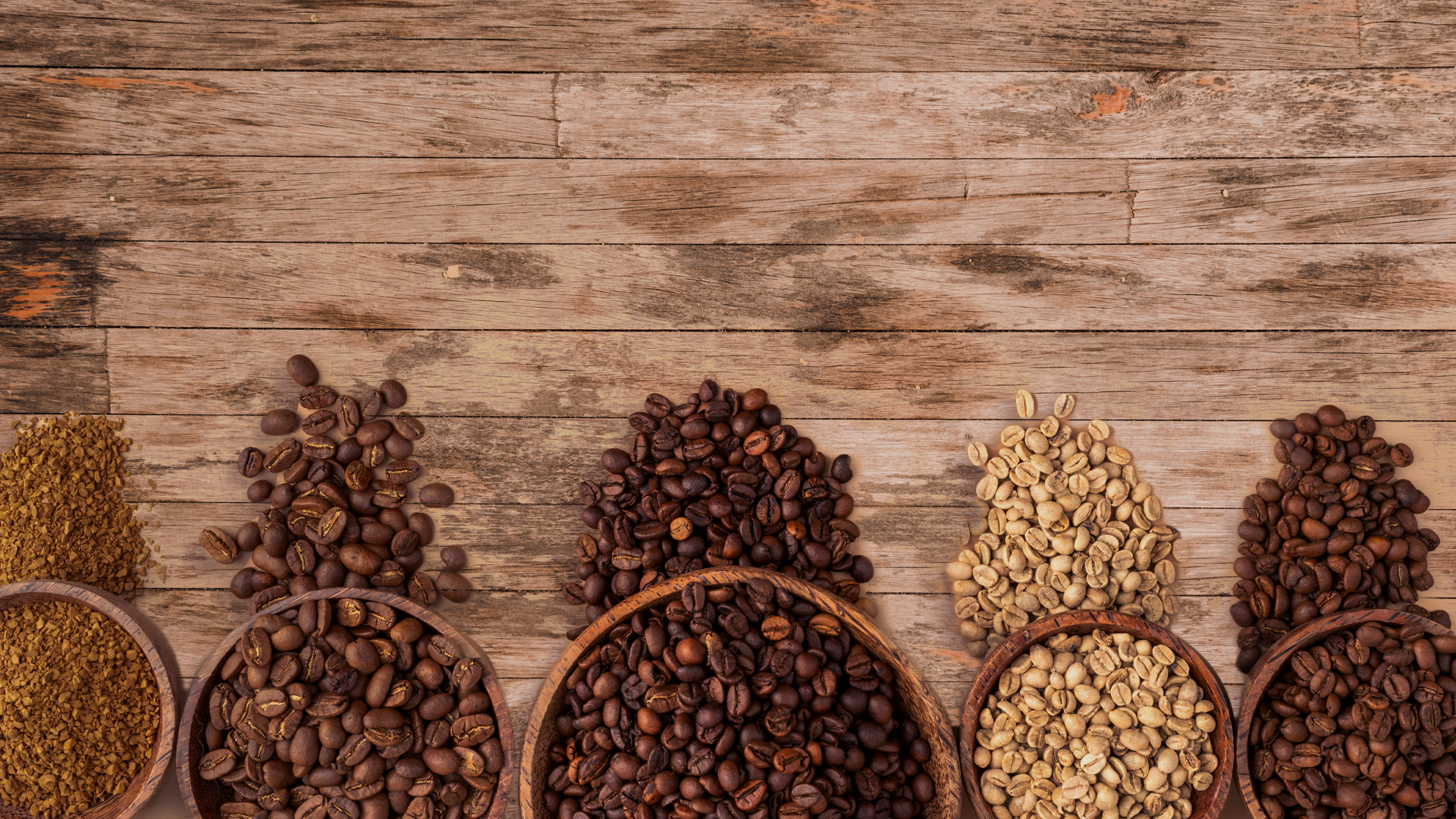To achieve excellence in the coffee experience, it is essential to understand the available coffee bean varieties.
Coffee goes beyond the simple act of drinking—it represents a rich culture, a complete sensory experience, and for many, an essential daily ritual. Therefore, hoteliers, baristas, chefs, managers, and entrepreneurs in the coffee industry need to master this knowledge to meet their clients’ demands and stand out in a competitive market.
This is because specialty coffee consumers are constantly seeking novelty and high quality, making it essential to know the most consumed coffee bean varieties worldwide. This is precisely what we will discuss in this article. Enjoy the read!
How Many Coffee Bean Varieties Exist?
It is estimated that there are between 25 and 100 species of coffee plants, with some experts believing the number could be even higher.
However, when it comes to coffee beans, there are coffee species, also known as “types,” and within each type, there are specific coffee bean varieties. Among the main types, two dominate the market: Arabica and Robusta. Additionally, there are Liberica and Excelsa beans, though they are far less popular and widely used globally.
Below, we highlight the four main types of coffee and their most well-known varieties:
Arabica: Bourbon, Mundo Novo, and Yellow Catuaí
Arabica beans are the most popular coffee type worldwide, accounting for about 60% to 70% of global coffee production. They are known for their smooth and complex flavor profiles and their lower caffeine content compared to other types. Originating in Ethiopia, Arabica beans thrive in high-altitude regions with mild climates, such as the renowned Minas Gerais region in Brazil. These beans are oval-shaped and have a pronounced central groove.
Some of the most well-known Arabica coffee bean varieties include:
- Yellow Bourbon: Known for its intense and smooth aroma, with caramel notes combined with a chocolatey texture and slight sweetness, making it beloved by coffee enthusiasts worldwide.
- Mundo Novo: A cross between Sumatra and Red Bourbon, this variety offers a mild and smooth flavor, making it an excellent choice for espresso-based beverages.
- Yellow Catuaí: Recognized for its mild flavor, moderate acidity, and natural sweetness, this variety results from crossing Yellow Caturra with Mundo Novo.
Robusta: Conilon and Java-Ineac
Robusta beans rank second in global consumption, accounting for about 30% to 40% of coffee production. They are mainly cultivated in Africa, Indonesia, and Vietnam, thriving in low-altitude regions with warmer climates. Robusta beans are rounder and smaller than Arabica beans, offering a more robust and bitter flavor profile and a higher caffeine content.
Some notable Robusta coffee bean varieties include:
- Conilon: This bean is known for its robust flavor profile, with notes of dark chocolate and nuts. It has low acidity and a heavy body, making it ideal for blends aiming to increase intensity and caffeine content.
- Java-Ineac: With a strong and earthy flavor, this variety features notes of wood and spices. It has a fuller body and medium acidity, contributing to a bold and lingering coffee experience.
Liberica: Barako and Kape Marinduque
Liberica beans are less common but still significant in certain regions, particularly in the Philippines and parts of Malaysia. These beans are unique in their irregular shape and larger size compared to Arabica and Robusta beans. Liberica coffee has a bold and distinctive flavor with a woody, smoky aroma and a subtle floral aftertaste.
Some notable Liberica coffee bean varieties include:
- Barako: Known for its strong and aromatic flavor, with notes of wood, tobacco, and spices. It has low acidity and a heavy body, providing a robust and intense coffee experience.
- Kape Marinduque: This variety offers a unique flavor profile, with notes of dried fruits, honey, and a hint of smokiness. It has a full body and medium acidity, standing out for its complexity and rich aroma.
Excelsa: Blends
Excelsa, once considered its own coffee type, has recently been reclassified as a variety of the Liberica species. It is predominantly cultivated in Southeast Asia and represents a small fraction of global coffee production. Excelsa beans are valued for their distinct fruity flavors and complex profiles.
Excelsa coffee beans are often used in blends to add depth and complexity to the flavor, featuring vibrant fruity notes that enrich the coffee’s sensory experience.
As a variety, Excelsa does not have sub-varieties, but its presence in blends is highly appreciated for its unique characteristics.
Read also:
Where to buy coffee for coffee shops and restaurants?
Specialty Coffee Bean Varieties from Lucky Hills
With a clear understanding of the different coffee bean varieties on the market, it’s time to introduce the specialty blends offered by Lucky Hills, which fall under the Arabica type.
Blends, or combinations of different coffee bean varieties, are a common practice in the coffee world. They allow producers and baristas to create unique flavor profiles by combining the best characteristics of each variety to achieve a harmonious and balanced final product.
Known for their superior quality and complex flavor profiles, Lucky Hills coffees are cultivated in Southern Minas Gerais, Brazil—a region famous for its ideal Arabica coffee-growing conditions.
On that same note, here are two exclusive blends that exemplify Lucky Hills’ commitment to excellence:
Espresso Coffee – Classic Blend
Specifically designed for the high-pressure environment of espresso machines, this blend is perfect for businesses looking to offer a classic and full-bodied espresso. Highly appreciated by baristas, it features chocolate and nutty notes, providing natural sweetness and a sophisticated flavor profile. The beans are grown at altitudes of 850 to 950 meters in Southern Minas Gerais and naturally processed to ensure the highest quality.
Pour Over Coffee – Chef’s Blend
Created to be a versatile choice suitable for any menu, this blend is like gourmet dish ingredients carefully selected for their harmony. It stands out for its harmonious combination of chocolate, caramel, and citrus notes, offering an exceptional aroma and balanced flavor—ideal for pairing with breakfast or desserts. These beans are also grown at 850 to 950 meters and naturally processed to preserve the superior characteristics of 100% Arabica coffee.
By choosing Lucky Hills blends, you can set your business apart in the competitive coffee market, offering your clients a unique and high-quality experience with every cup.
The Excellence of 100% Arabica Coffee Beans from Lucky Hills
We are an American company importing specialty coffee beans from Brazil, roasted on demand in Florida to ensure exceptional freshness and quality.
Through an exclusive direct trade model, we eliminate intermediaries, meeting one of our clients’ primary demands for transparent, direct, and trustworthy relationships with producers.
Whether you’re a hotelier, barista, chef, manager, or coffee industry entrepreneur, choosing our specialty coffee beans means opting for excellence and satisfying your clients.
Talk to our consultants to learn more!



